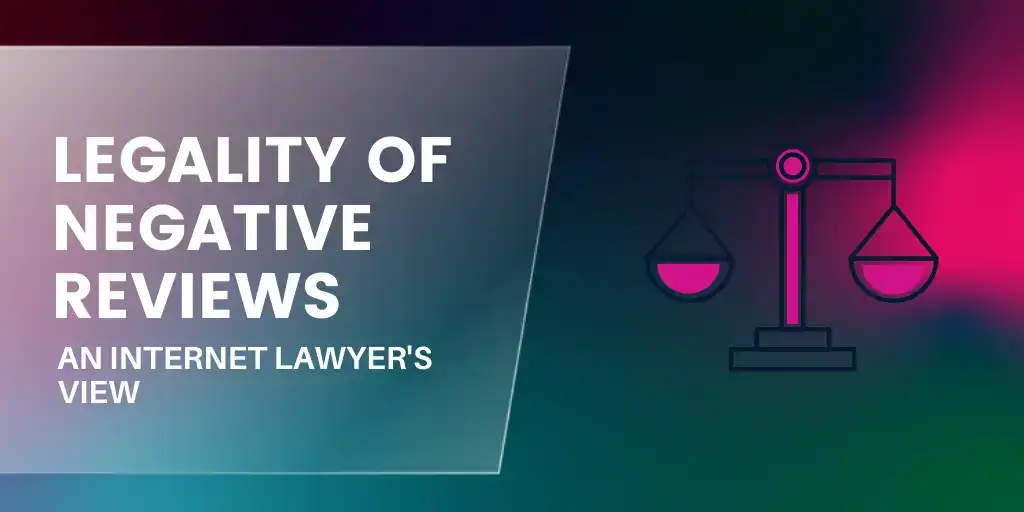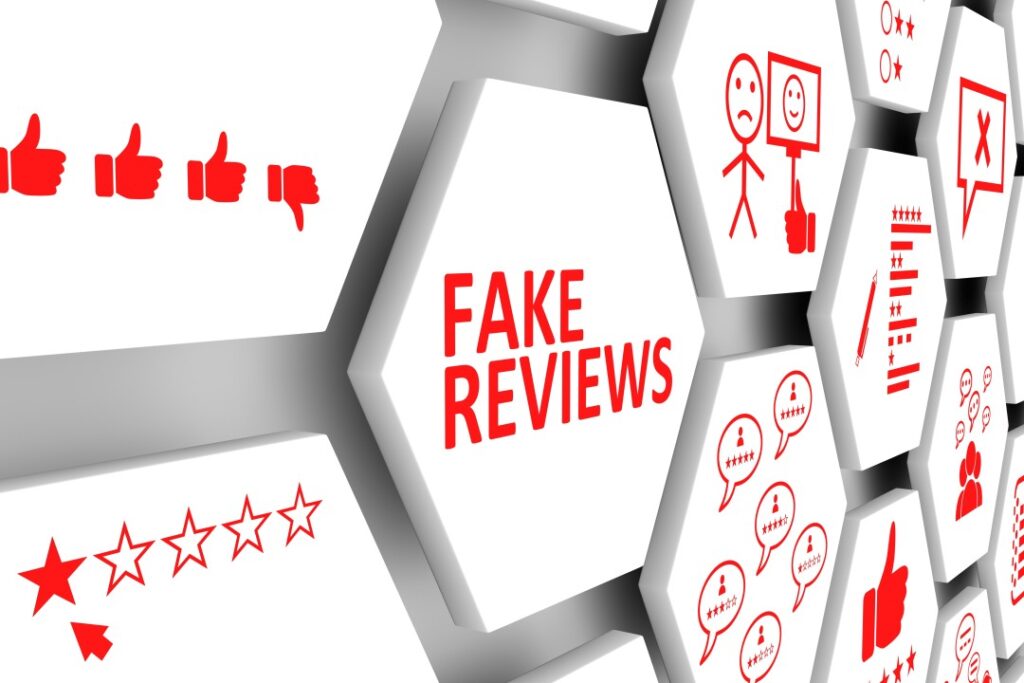Our Business Reviews, Protected by First Amendment, Even if they are Cyberbullying, Fake Reviews by Competitors, Defamation, or Lies?
Introduction: Online evaluations are becoming a crucial component of customer decision-making since they provide insightful information about the caliber and reputation of companies. But the proliferation of malicious lies, cyberbullying, defamation, and bogus reviews has brought up difficult legal issues regarding the limits of free expression and First Amendment rights. Even though these methods can definitely hurt businesses, managing the nuances of this digital ecosystem requires an awareness of the legal framework around online reviews. Evaluate Business Reviews as Proper Speech:Online reviews are protected speech under the First Amendment, regardless of where they are published—on social media, Yelp, Google, or other websites. Individuals therefore possess the right to voice their thoughts and experiences, regardless of whether such thoughts are unfavorable or disparaging of a company. False Evaluations and Rival Intervention: Falsehoods and Defamation Malice from rivals and fake reviews:Businesses occasionally have to deal with hostile competitors who post phony reviews. Even while these reviews could be damaging, they aren’t always unlawful unless they make false claims or contain defamatory material. However, it can be difficult to establish the reviewer’s identity and motive, which makes taking legal action difficult. Harassment and Cyberbullying Keeping Rights and Responsibilities in BalanceThe need to stop harm from defamation, cyberbullying, and fraudulent reviews must be weighed with the First Amendment’s protection of free speech. People are entitled to voice their ideas, but they also have a responsibility to use that privilege in a morally and responsibly manner. Rules for the Platform and ModerationInternet platforms are essential for controlling user-generated content and eliminating malicious or false reviews. A lot of platforms have policies in place to deal with cyberbullying, defamation, and fraudulent reviews. These policies often include ways to report and delete offensive information. Encouraging Openness and GenuinenessAuthenticity and openness are crucial in the era of online reviews. Companies can build credibility and trust by requesting honest feedback from clients, handling criticism with professionalism and promptness, and proactively resolving valid problems. In conclusionOnline evaluations are very important for influencing customer opinions and promoting company success, but they also pose legal issues for free speech, defamation, and cyberbullying. Navigating the digital marketplace as a business or consumer requires an understanding of the subtleties surrounding First Amendment protections.Businesses are not helpless when it comes to dealing with defamation, cyberbullying, and bogus reviews. Legal options for obtaining retribution and preserving reputation include defamation lawsuits, injunctions, and civil harassment statutes.




